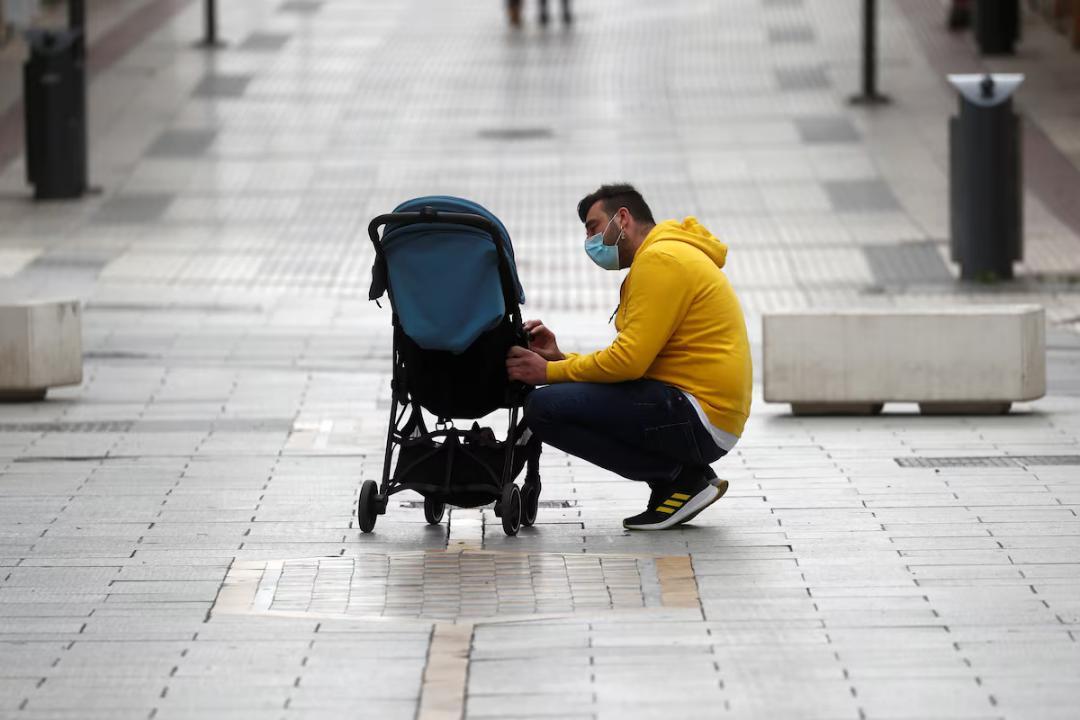
Spain to Offer 17 Weeks of Parental Leave to Both Mothers and Fathers
In a significant move towards gender equality, Spain has announced plans to extend its parental leave policy, providing both mothers and fathers with 17 weeks of fully-paid leave after the birth of a child. This extension is a major boost to working parents in Spain, and it sets a new standard for parental leave policies across the European Union.
As of July 2025, Spain will join Finland as the only EU countries to offer equal, fully-paid birth leave to both parents. This move is seen as a significant step towards promoting gender equality and reducing the burden of childcare on women.
The new policy is part of a broader effort to modernize Spain’s family-friendly benefits and promote work-life balance. The government believes that providing more flexible and generous parental leave options will not only benefit families but also boost the country’s economy and competitiveness.
Currently, Spain offers 16 weeks of paid parental leave, with mothers entitled to 16 weeks and fathers entitled to two weeks. The new policy will see fathers receive an additional five weeks of paid leave, bringing the total to 17 weeks.
This move is a significant departure from traditional gender roles and expectations around childcare. In many countries, women are still expected to take on the majority of childcare responsibilities, leading to a disproportionate burden on working mothers. Providing equal parental leave options is a crucial step towards promoting gender equality and challenging these outdated expectations.
The new policy is also expected to have a positive impact on the country’s workforce. By providing more flexible and generous parental leave options, Spain is likely to see an increase in the number of women returning to work after having children. This, in turn, is expected to boost the country’s economy and competitiveness.
The policy change is also seen as a major step forward for feminism in Spain. As one government minister noted, “Spain is moving towards feminism, and there’s no turning back.” The minister believes that the new policy will help to promote gender equality and challenge traditional gender roles.
So, what does this mean for working parents in Spain? The new policy will provide a range of benefits, including:
- 17 weeks of fully-paid parental leave for both mothers and fathers
- Increased flexibility and choice for working parents
- A more equal distribution of childcare responsibilities
- A more positive impact on the country’s workforce and economy
The policy change is also expected to have a positive impact on the country’s birth rate. By providing more support for new parents, Spain is likely to see an increase in the number of families choosing to start a family.
In conclusion, Spain’s decision to offer 17 weeks of parental leave to both mothers and fathers is a major step forward for gender equality and family-friendly policies. The policy change is expected to have a positive impact on working parents, the country’s workforce, and the economy. As Spain moves towards a more equal and family-friendly society, it is likely to set a new standard for parental leave policies across the European Union.
Source:






